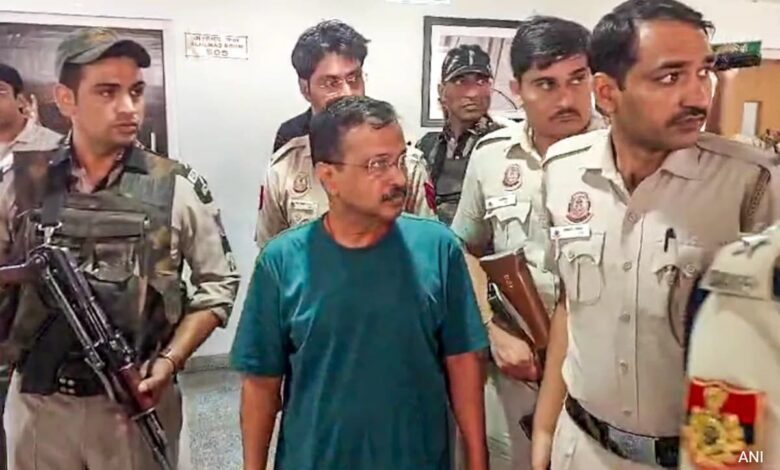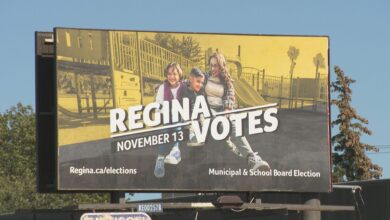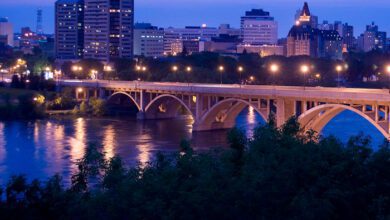
Granting bail to Arvind Kejriwal will not “demoralise” the Delhi High Court, which last month refused the Chief Minister relief over his arrest by the CBI in the alleged liquor policy scam, the Supreme Court said Thursday. A bench of Justice Ujjal Bhuyan and Justice Surya Kant waved away the federal agency’s argument against releasing the AAP leader, saying, “Don’t say that.”
Appearing for the CBI, Additional Solicitor General SV Raju also argued that Mr Kejriwal had incorrectly bypassed the lower court – i.e., Delhi’s Rouse Avenue Court – and approached the High Court for bail.
“He approached High Court without going to Sessions Court… on merits, trial court could have seen it first. High Court can only see in exceptional cases…” he said, declaring releasing Mr Kejriwal now would demotivate the High Court.
The CBI’s logic also drew a sarcastic swipe from AAP MP Raghav Chadha, who posted on X, “If the Sun rises from the East, it will demoralise the West.”
In early August the High Court rejected Mr Kejriwal’s bail plea, directing him to approach the sessions court for relief. The AAP, however, opted to move the country’s top court, citing its observation in the release of ex Deputy Chief Minister Manish Sisodia, that “sending the appellant back to the trial court would be like playing a game of snakes and ladders…“
After Thursday’s hearing the top court reserved its verdict on Mr Kejriwal’s bail plea. The court also reserved its verdict on a separate plea challenging the CBI’s arrest of the Chief Minister.
The AAP chief was arrested by the CBI in June; he was taken into custody at the Rouse Avenue Court shortly after securing bail for his arrest by the Enforcement Directorate in the same case.
READ | “Insurance Arrest By CBI”, Kejriwal Argues For Bail In Supreme Court
Senior advocate Abhishek Singhvi, appearing for Mr Kejriwal, criticised the CBI’s arrest as an “insurance” to keep the AAP leader in jail for as long as possible, particularly with the Delhi Assembly election due early next year. Mr Singhvi pointed out Arvind Kejriwal had received bail in the ED case, which meant he had fully satisfied the ‘triple test’ legal principle for release.
READ | “Travesty Of Justice”: Manish Sisodia Gets Bail, Supreme Court Slams Delay
It was also pointed out that all others accused in the alleged liquor policy scam – Mr Sisodia and AAP Rajya Sabha MP Sanjay Singh, as well as Bharat Rashtra Samithi leader K Kavitha – had bail.
READ | ‘Just Because Woman Is Educated…’: Top Court As K Kavitha Gets Bail
“Prolonged incarceration cannot be there…” Mr Singhvi said, referring to statements by the top court in releasing Mr Sisodia, “Is ‘triple test’ satisfied? Yes… in the Manish Sisodia judgment, the court held that in this particular case of excise policy, trial is impossible to finish.”
Mr Kejriwal has been in jail since late-March. He received temporary reprieve in June, before Delhi voted in the general election, but had to return to Tihar Jail after the results were out.
The ED and CBI contend Arvind Kejriwal played a key role in forming of a new liquor excise policy for Delhi, which allowed him to sell wholesale licences and get kickbacks, around Rs 100 crore of which, the authorities claim, came from a ‘South group’ led by the BRS’ K Kavitha.
This money, the agencies allege, was used to fund the AAP’s election expenses in Goa.
Mr Kejriwal, the AAP, and other accused have denied the charge, counter-accusing rivals Bharatiya Janata Party, to whose government at the centre the agencies answer, of mounting a campaign against opposition politicians and parties, particularly before elections.
NDTV is now available on WhatsApp channels. Click on the link to get all the latest updates from NDTV on your chat.




